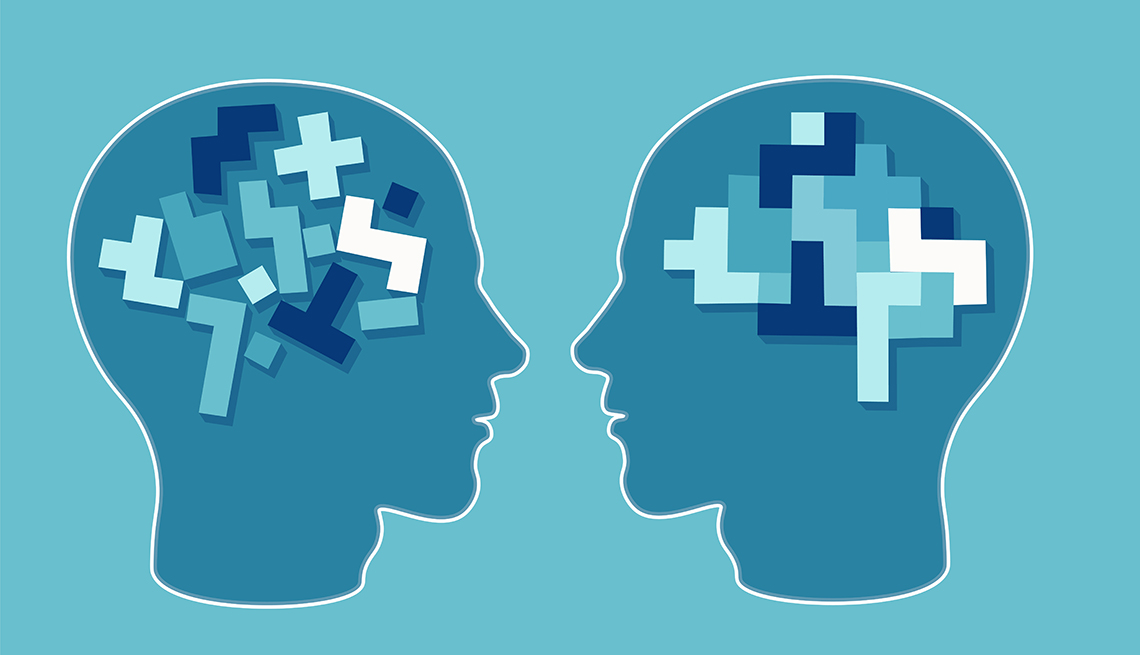Play all audios:
ENVIRONMENTAL AND LIFESTYLE RISK FACTORS AIR POLLUTION. Scientists have long suspected that environmental factors play a role in dementia, but research into several suspected culprits —
toxic metals, for example — has failed to prove a link. There is growing evidence that exposure to air pollution, including the smoke spreading from long-lasting wildfires, is a factor. The
health care records of 1.2 million residents of Southern California, ages 60 and older, found higher levels of wildfire smoke exposure tied to greater risk for dementia, in a 2024 report. A
recent analysis of 16 observational studies by Harvard scientists, published in 2023 in _The BMJ_, concluded that breathing in microscopic particles of pollutants may raise the risk of
dementia even when a person’s annual exposure is less than the standards set by the U.S. Environmental Protection Agency. “Despite being so small you can’t see them, they easily get into
your lungs and into your brain,” says Marc Weisskopf, Cecil K. and Philip Drinker professor of environmental epidemiology and physiology at Harvard T.H. Chan School of Public Health.
“Dementia is a massive problem worldwide. If we can reduce exposure to these particles, we can reduce the burden of dementia.” TRAUMATIC BRAIN INJURIES. Also known as a TBI, a traumatic
brain injury is caused by an external force strong enough to move the brain within the skull. TBIs can result from falls — older adults are especially vulnerable — or being struck by an
object or car crashes. Studies suggest that experiencing a moderate to severe traumatic brain injury anytime in life increases the chances of developing dementia later. In a study of more
than 14,300 people ages 45 to 65 and followed for 25 years, those who had at least one head injury in that time had a higher risk of dementia. Risk was higher among women and those who had
two or more head injuries, researchers reported in 2021 in the journal _Alzheimer’s & Dementia_. See more Health & Wellness offers > Years ago, Schulz studied a pair of identical
twin sisters. One developed Alzheimer’s at 65, the other did not and lived into her 90s. “They had identical genes, so I asked them both if they’d ever had a head trauma,” he says. “The one
with Alzheimer’s had been in four accidents where her head had been hit. The other one, never.” There are steps you can take to prevent falls — both by working on your balance and reducing
risks at home. STROKE. Having one or a series of strokes or any other type of bleed that disrupts blood flow to the brain can result in vascular dementia. You can take several steps to
reduce your risk for stroke, such as controlling your blood pressure and cholesterol levels by getting regular exercise, not smoking, eating healthy and managing stress. HEARING LOSS AND
SOCIAL ISOLATION. These often go together. Social isolation contributes to dementia, and hearing loss can contribute to social isolation. “If we don’t use our brains, they deteriorate, just
like our muscles deteriorate when we don’t use them,” Budson says. “Our brains are highly active when we are interacting with other people, which helps keep them strong.” Some experts aren’t
convinced. “There is a link between hearing loss and dementia, but [we] don’t know whether hearing loss leads to dementia or dementia leads to hearing loss,” says Christine E. Kistler,
M.D., associate professor of geriatric medicine at the University of Pittsburgh. The good news is that people with hearing loss who wear hearing aids had the same risk of dementia as people
with no hearing loss, and that risk was lower than for people with hearing loss who didn’t wear hearing aids, according to a study of more than 437,700 people ages 40-69 reported in 2023 in
_The Lancet Public Health_. _Editor’s Note: This story has been updated to include new information._

